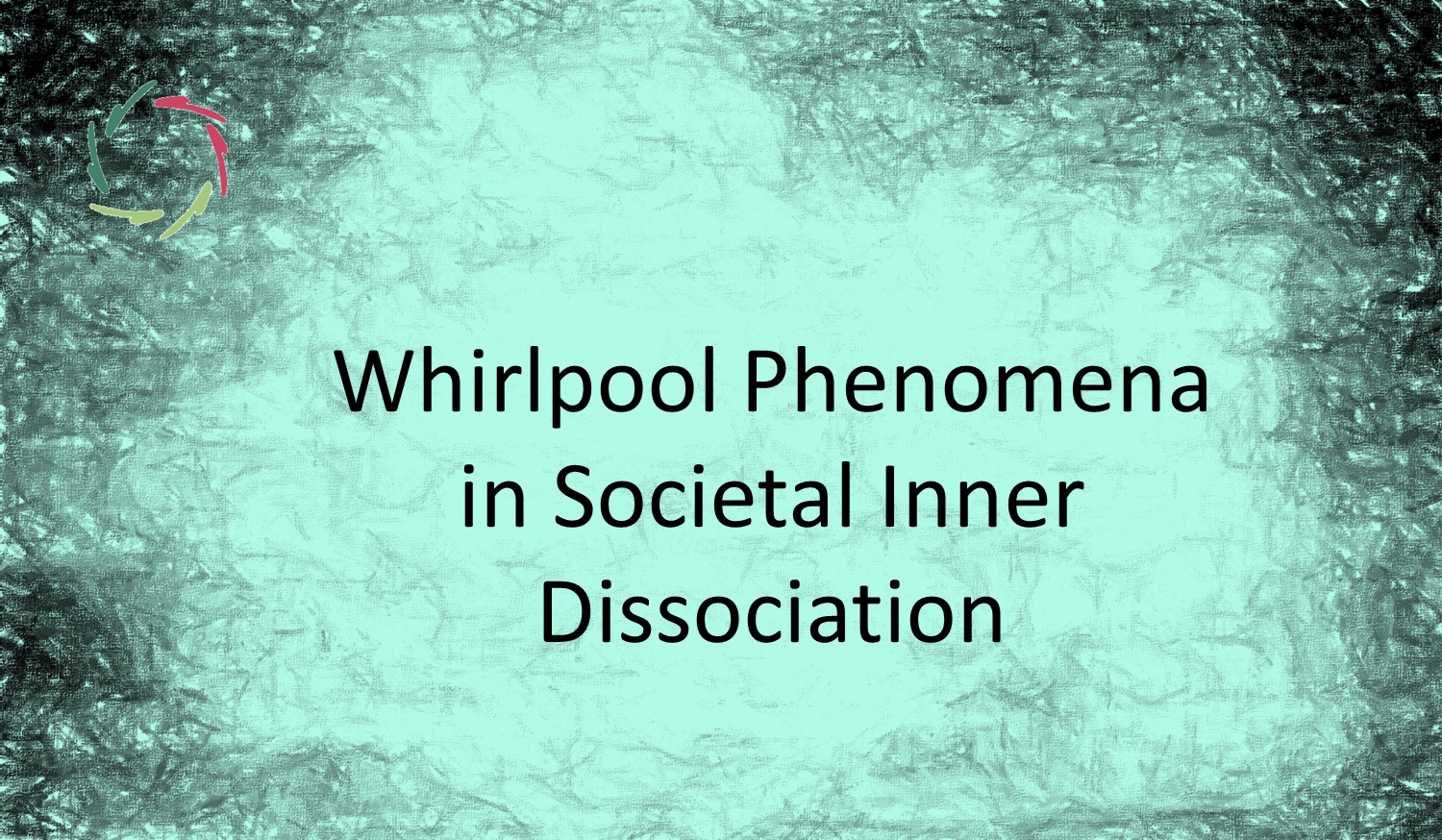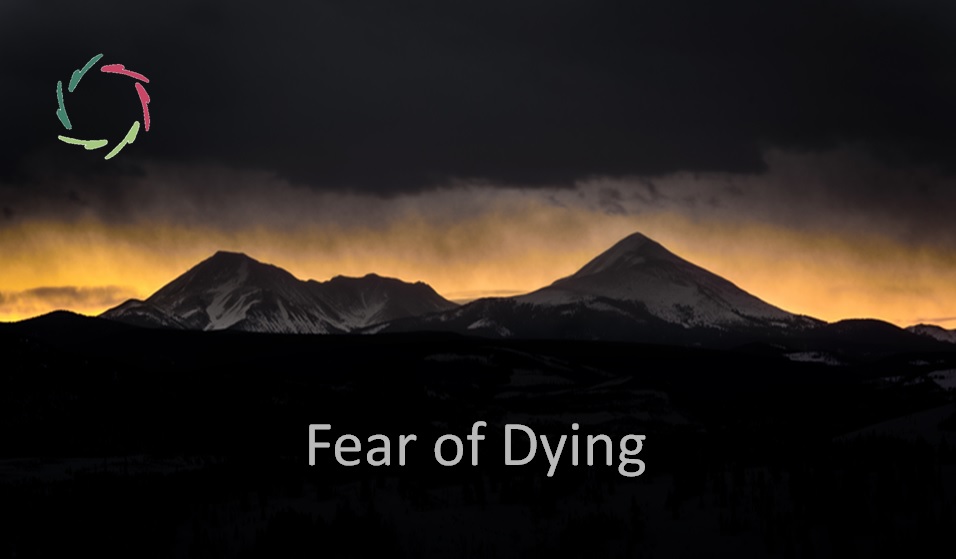Stress in Production, Stress in Consumption

One leads to the other and vice versa, in a vicious circle from which we better escape.
Production and consumption
To be able to produce more, marketing departments are set up to entice consumers to consume more products from the producer who owns or regulates the marketing. Nothing new.
To be able to consume more, people are enticed to work, work, work, earn money, and consume. Nothing new.
People consume more by being enticed by marketing departments. A matter of fact.
People produce more by working harder. (Supposed to be) a matter of fact.
This is all very straightforward.
As a result, many people are overstressed, unhappy, feeling sick, demeaned without even realizing, burned out, more and more depressed, full of psycho-somatics, overmedicated. The environment is getting more and more a mess. The planet is at risk.
There is nothing straightforward about this. On the contrary,
it’s absurd.
So, how come that what appears to be straightforward is absurd at the same time?
I think it can be brought down to one thing: a lack of insight into what a human being really is. A human being is not a mere-ego. What we see happening is the result from and upon mere-ego. What the world needs and what we also need is to transcend the mere-ego viewpoint and direction.
From mere-ego, people are starkly abused, as is the planet. Stress is in production. Stress is in consumption. Stress is everywhere. People consume what they don’t need. People produce what is not needed. All is done in a race towards gratification that gratifies mere-ego, not the total-person.
The saddest thing is that such pseudo-gratification doesn’t lead to less search for the same, from the insight that it doesn’t work –> so we need something else. No, it leads to the reverse, from the mistaken idea that it doesn’t work –> so we need more to make it work.
As said, it’s absurd.
We better step out of that race. It’s a rat race.
And people are not rats. They may think they are, with some neocortex on top. This neocortex is supposed to be ‘the master of the rat,’ and at the same time ‘the slave of the rat.’ The view depends on who is looking at whom. And, of course, vice versa.
- “You have to have this because you are worth it. So, buy.”
- “How to become the master of your brain and reprogram it as you wish.”
- “Neuro-selling: how to make people desperately want to buy your product.”
- “Minimal brain dysfunction must be the cause of xx behavior.”
These are just a few examples. Tell me, where, in all this, do you find meaningfulness? Depth? Respect? Openness? [see: “Five Aurelian Values“]
I don’t find any ethics in it.
Thus, I prefer to run a different race, even if this is much more challenging. It’s a race of humaneness in which deeper meaning and an ethical stance are on top of the list of things to strive for. It’s a radical choice, a challenge still at present. We need to get there for the sake of a beautiful future.
Meanwhile, A.I. is knocking at humanity’s door. It can make things much worse or much better. In the first place, it’s up to humans to try to give it some direction. That should be happening as much as possible already now.
We can keep behaving as we do, or we can open up to become beautiful human beings. If you see any of this in anything, then it’s also up to you.


